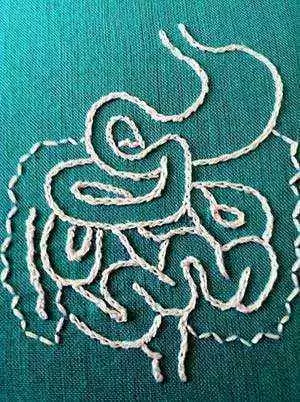Celiac.com 08/12/2013 - Here's a story that will likely interest many people living with celiac disease.
 Typical dietary grain options for people with celiac disease include gluten-free cereals like corn, rice, teff, quinoa, millet, buckwheat and sorghum.
Typical dietary grain options for people with celiac disease include gluten-free cereals like corn, rice, teff, quinoa, millet, buckwheat and sorghum.
Celiac.com Sponsor (A12):
Until now, canary seed was off limits for humans and used only as birdseed. That's because tiny hairs on the seed made it inedible for humans.
Researchers looking to broaden dietary options for people living with celiac disease are saying that a new, hairless variety of canary seeds bred specifically for human consumption would make an ideal gluten-free cereal for people with celiac disease, according to a study published in the American Chemical Society's Journal of Agricultural and Food Chemistry.
In the article, Joyce Irene Boye and her team describe research on a new variety of "hairless," or glabrous canary seed that they have verified as gluten-free.
Boye also noted that canary seeds have more protein than other common cereals, are rich in other nutrients and are suitable for making flour that can be used in bread, cookies, cakes and other products.
The promise of better nutrition and good flour for baking could appeal to many people with celiac disease.
What do you think? Sensible? Too wild? Would you try canary seeds as a gluten-free food option? For baking?
Source:
- Open Original Shared Link




.webp.1f08a49fe26362053f050355fa630687.webp)

Recommended Comments